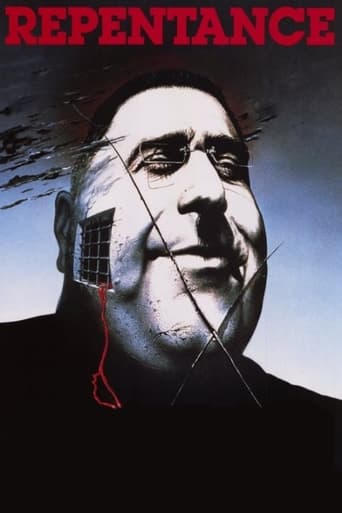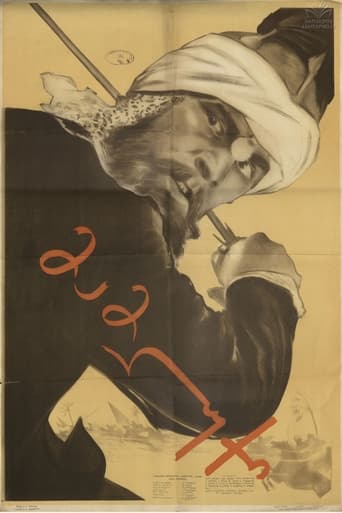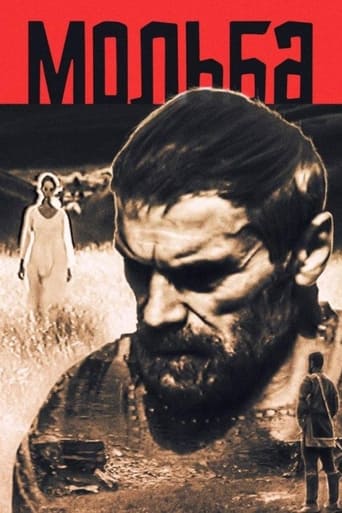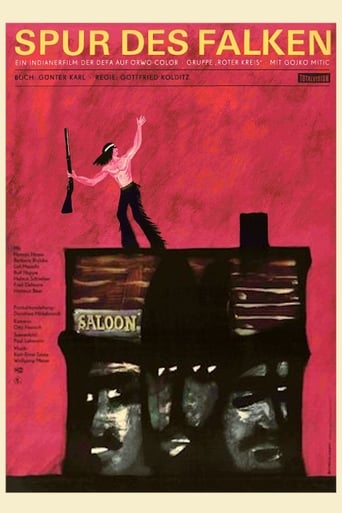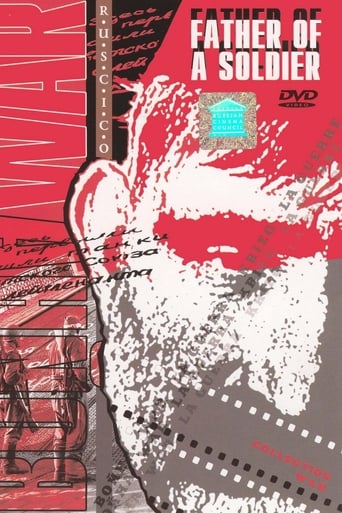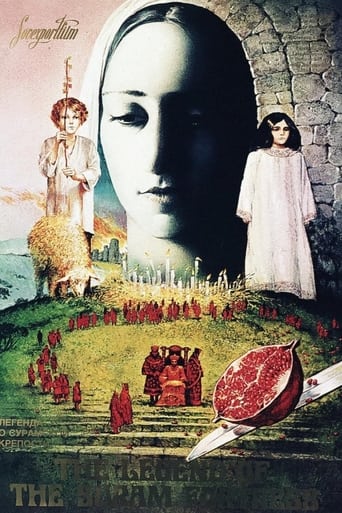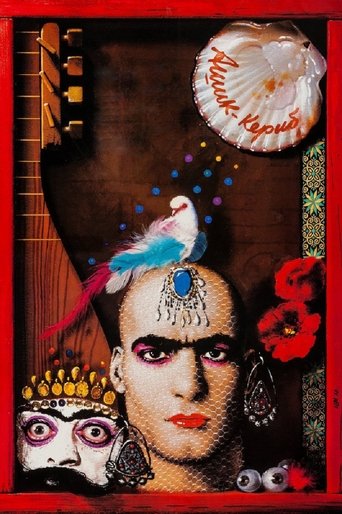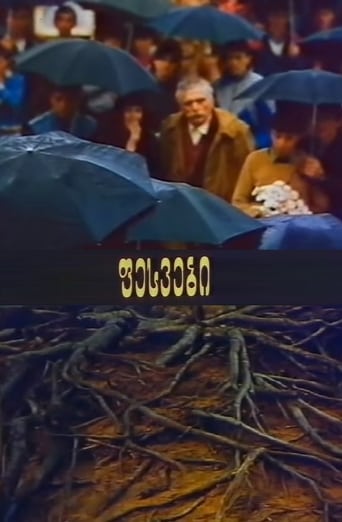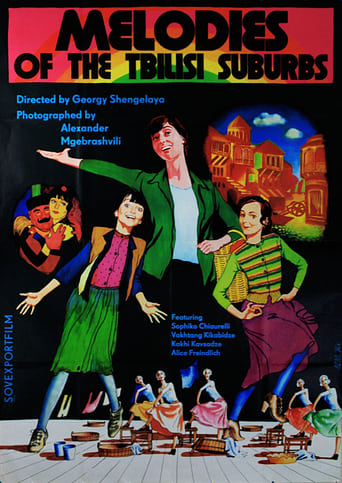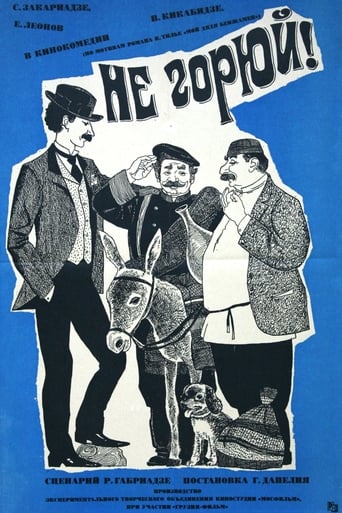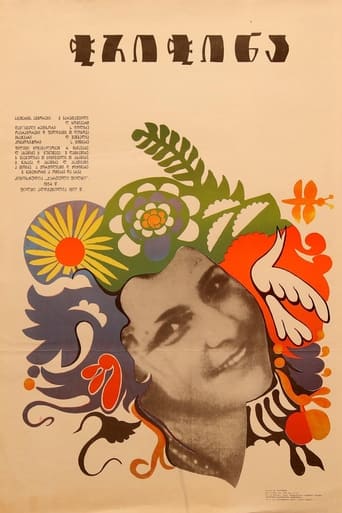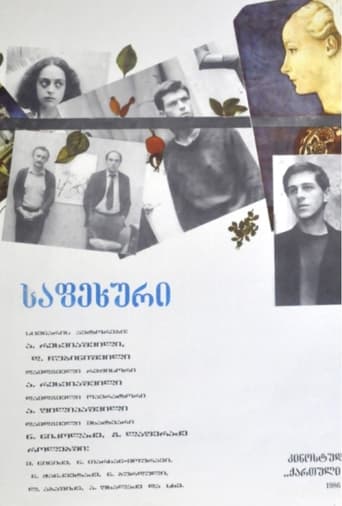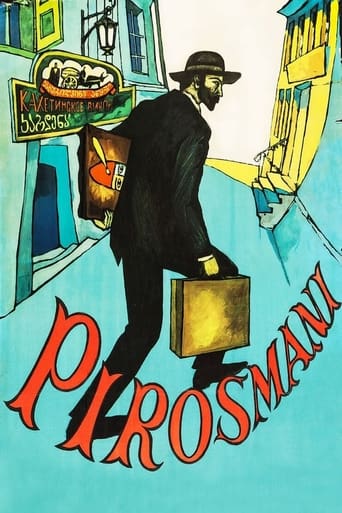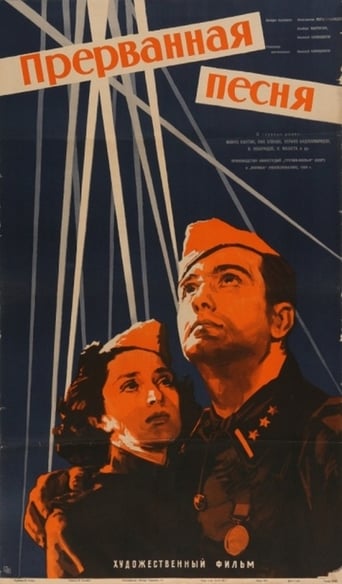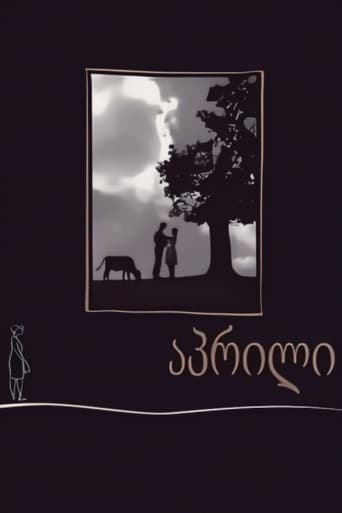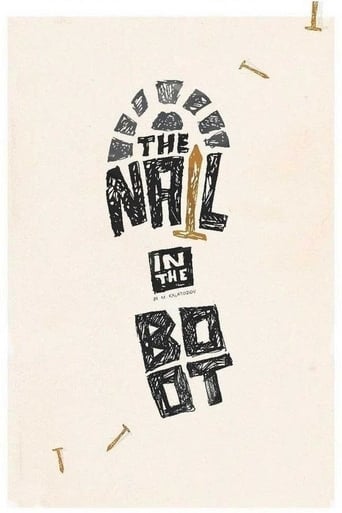Mimino 1977
Georgian bush pilot Valentin (Valiko) Mizandari a.k.a. Mimino works at small local airlines, flying helicopters between small villages. But he dreams of piloting large international airlines aircrafts, so he goes to Moscow for refresher courses. There in a hotel he meets truck driver Robik who is given a place in that hotel by mistake, and they have a lot of adventures in Moscow. Always amicable and open to people, Mimino does not feel at home in the big city. Nevertheless, he becomes a pilot of a supersonic jet liner, the Tupolev Tu-144, flying all over the world. But feeling homesick, he finally comes back to his native town of Telavi in Georgia, to his family and friends.

